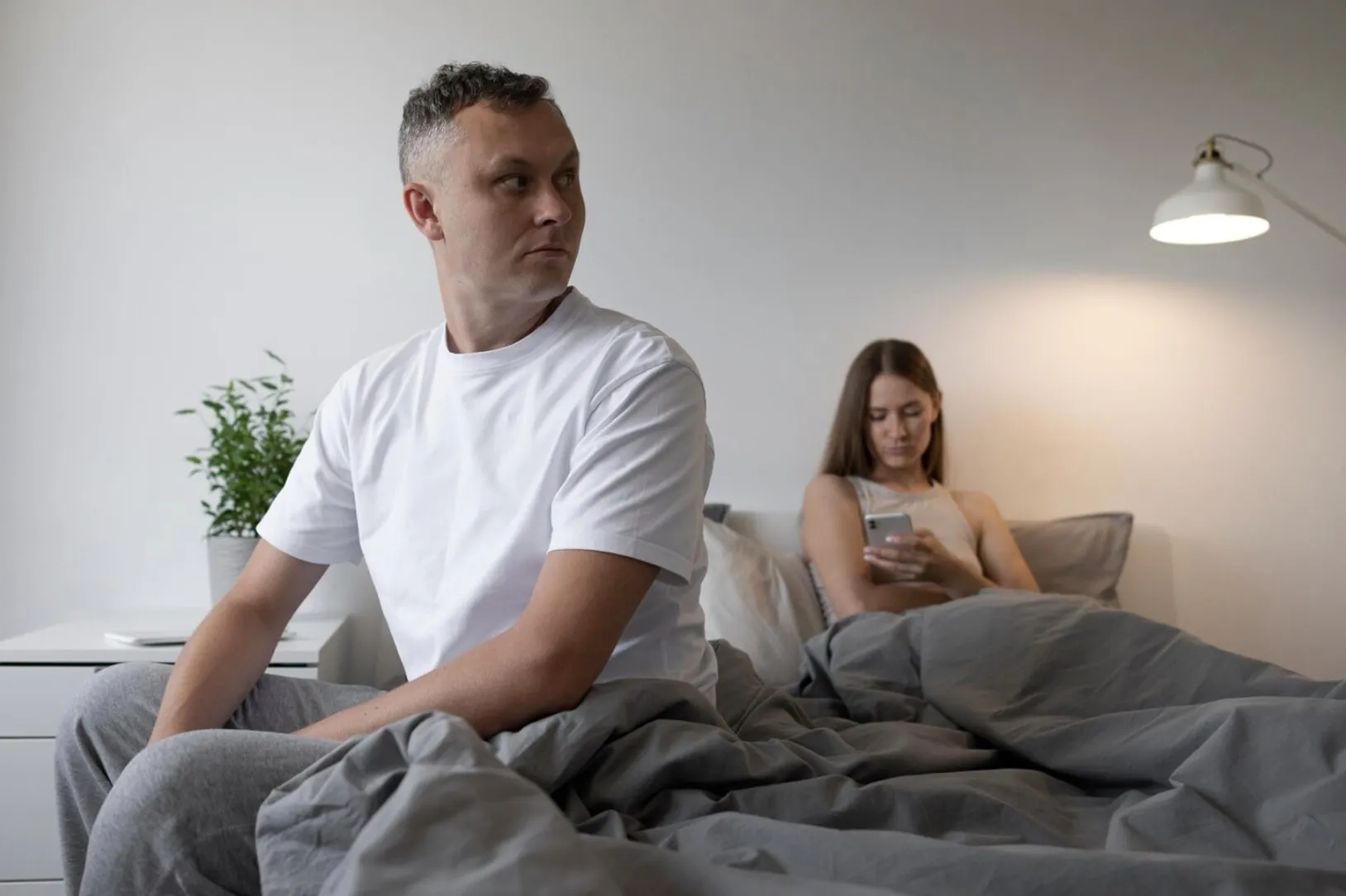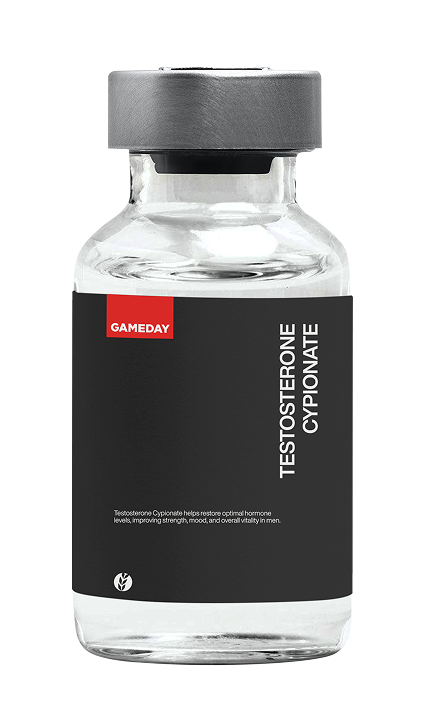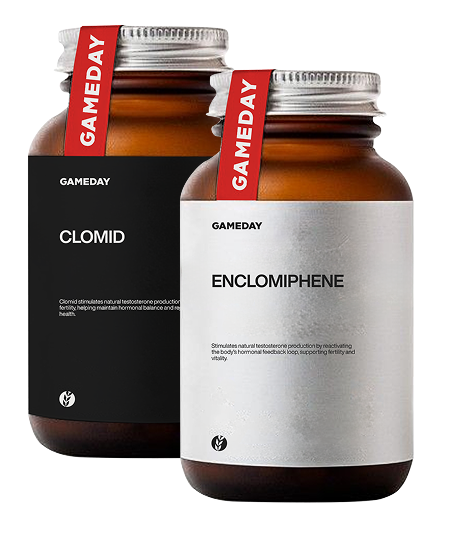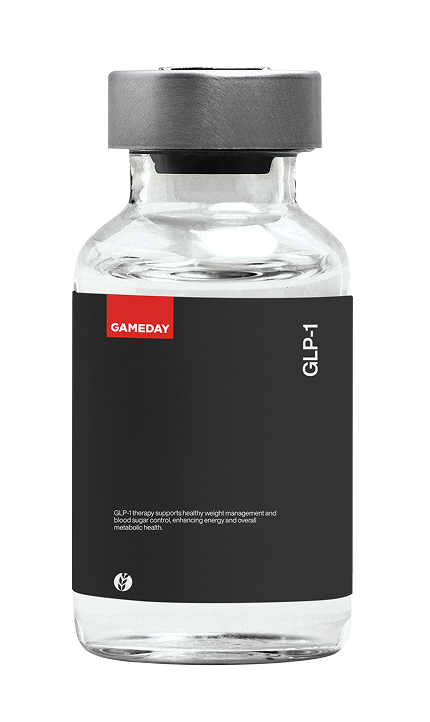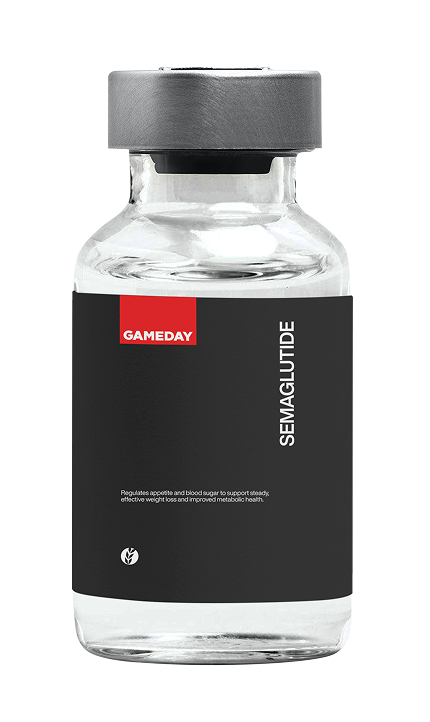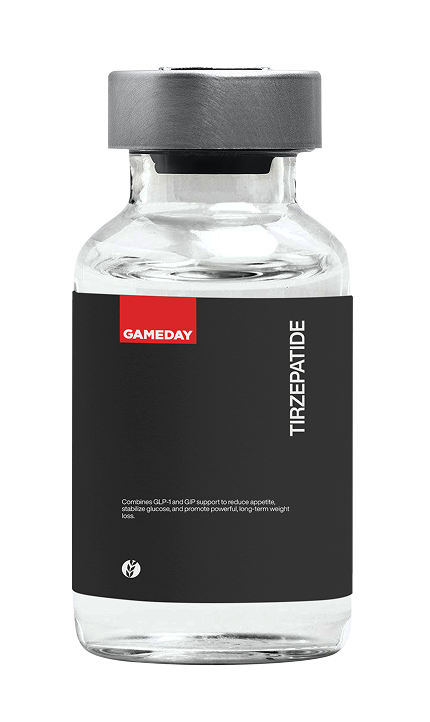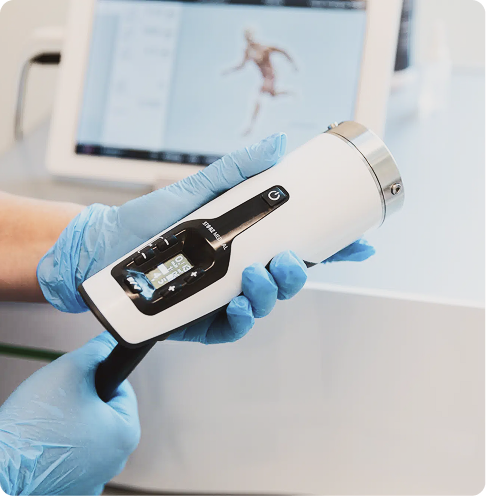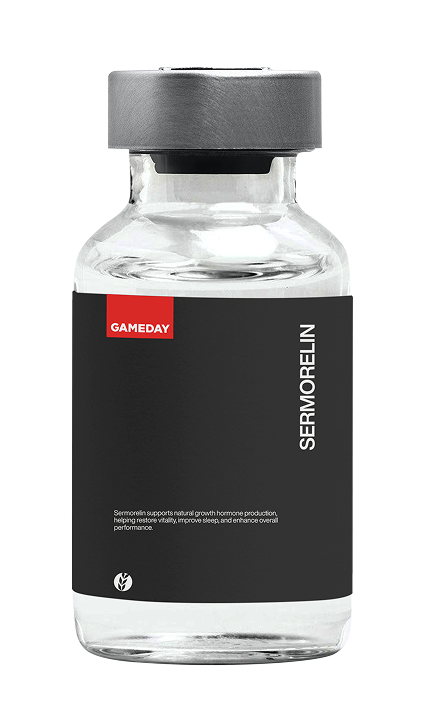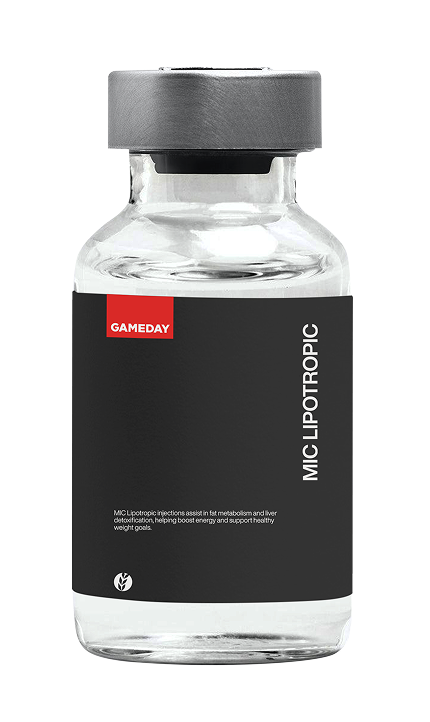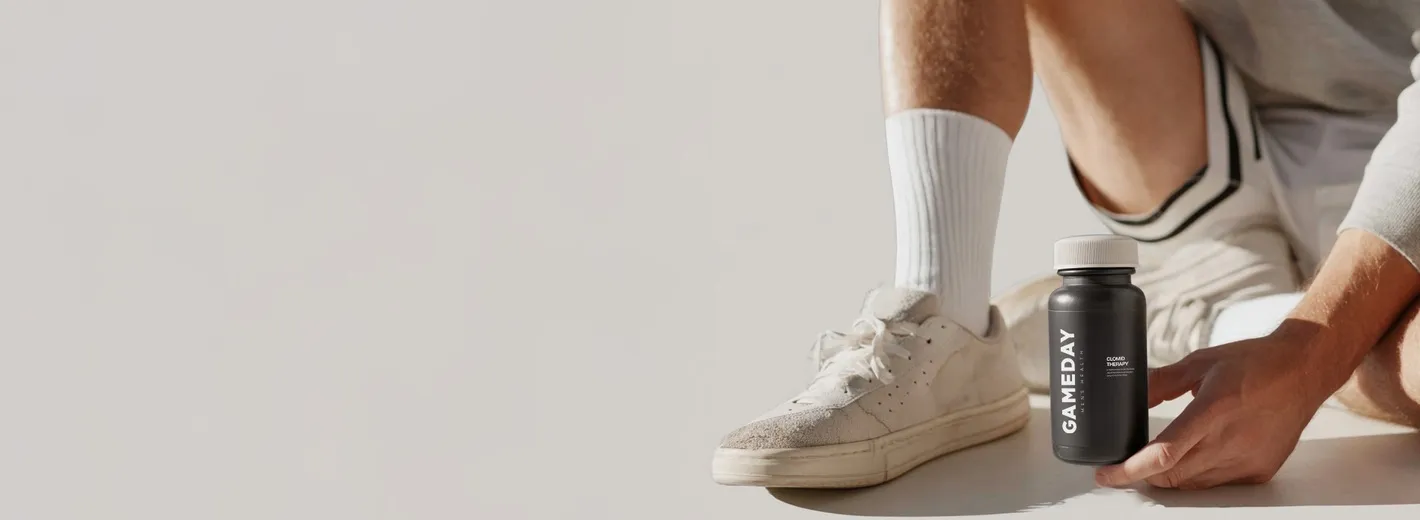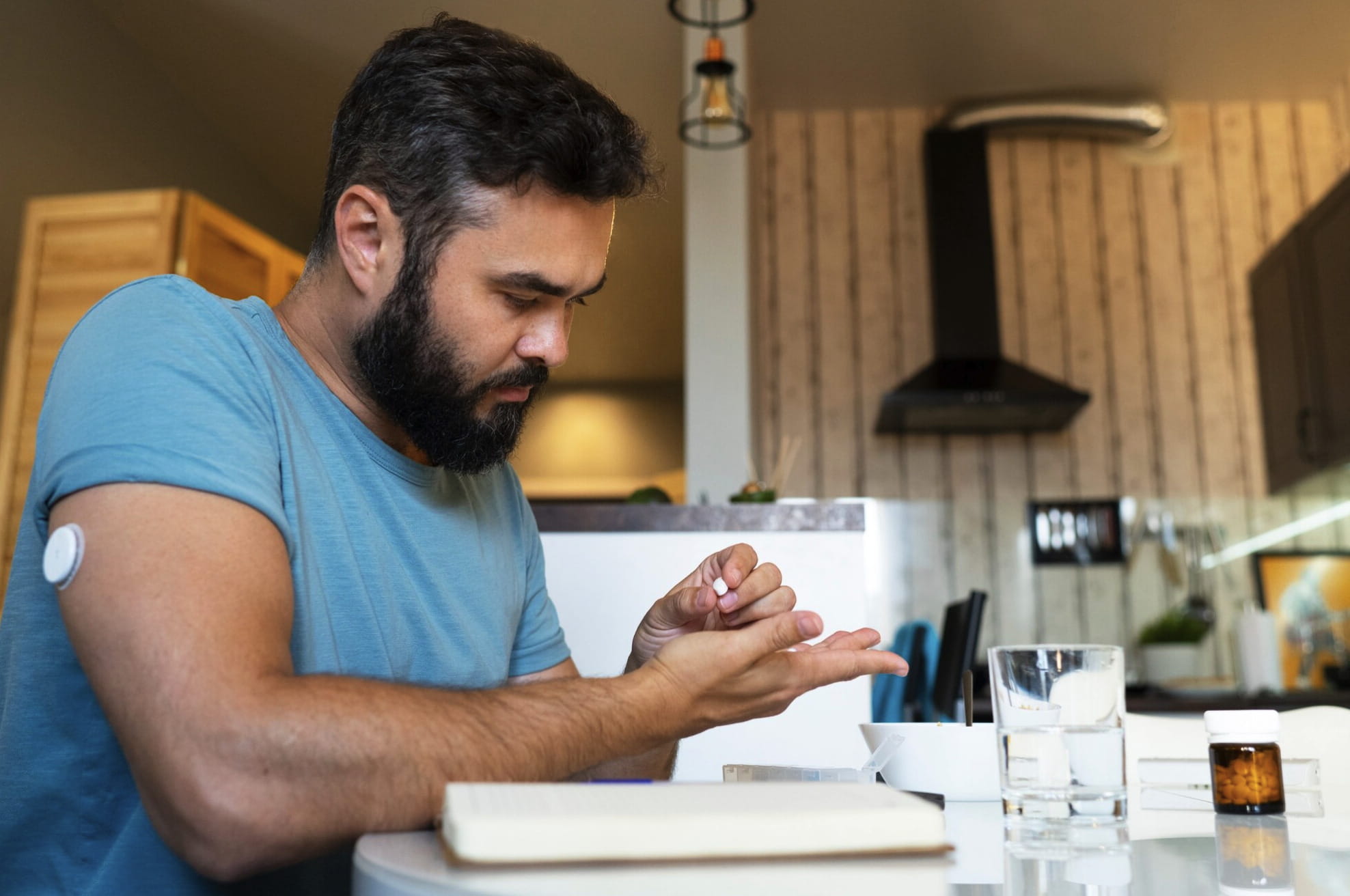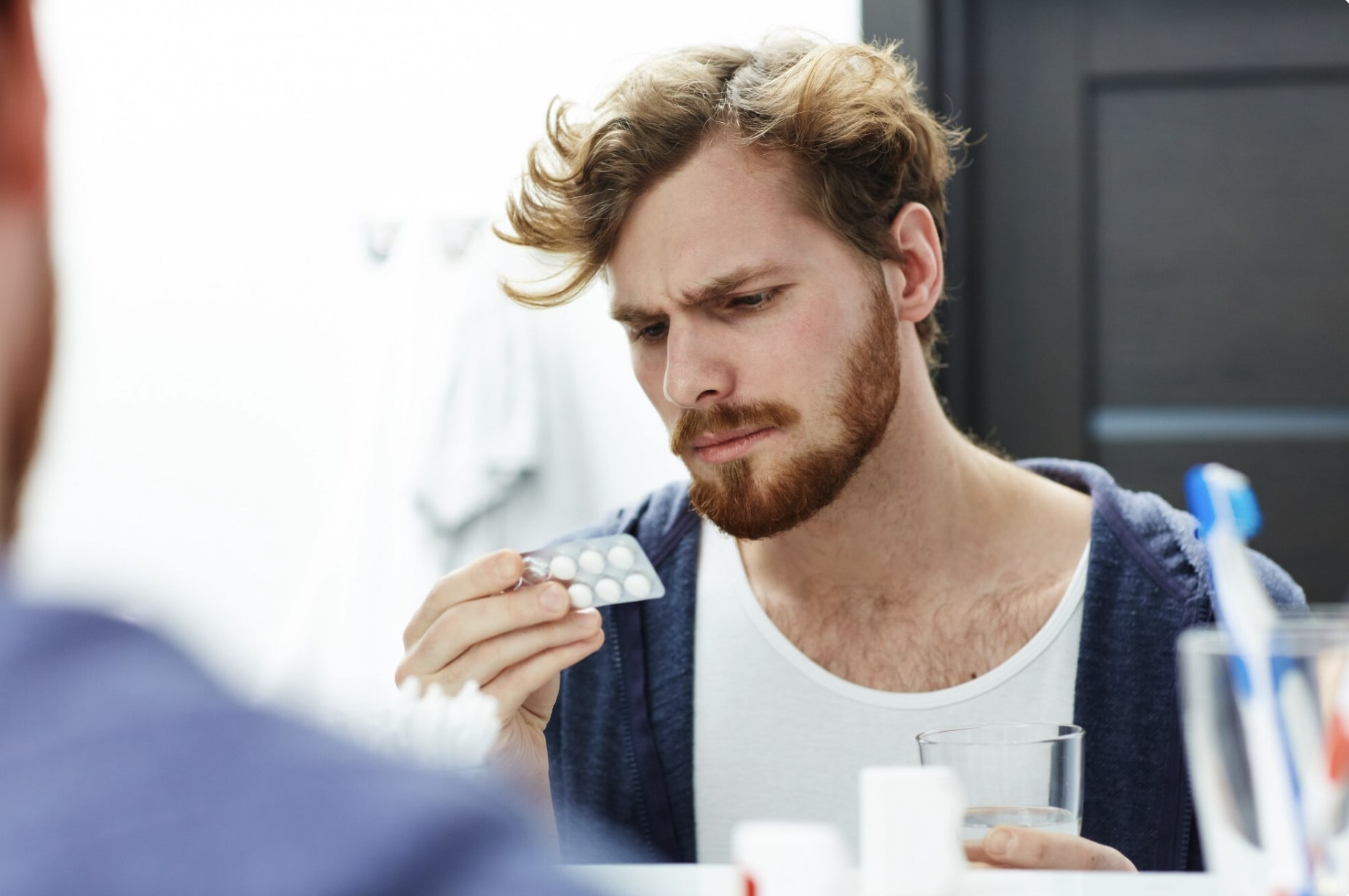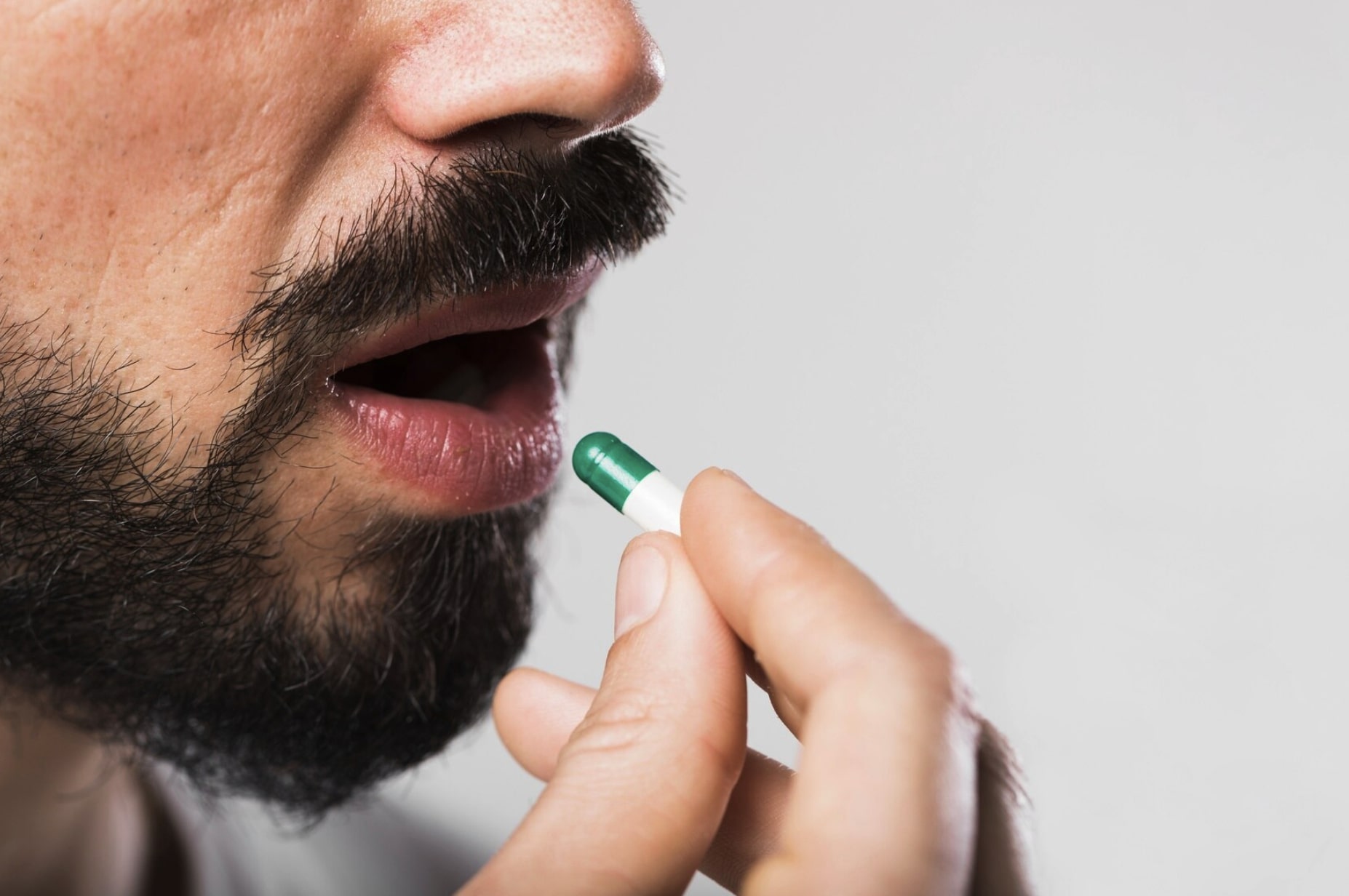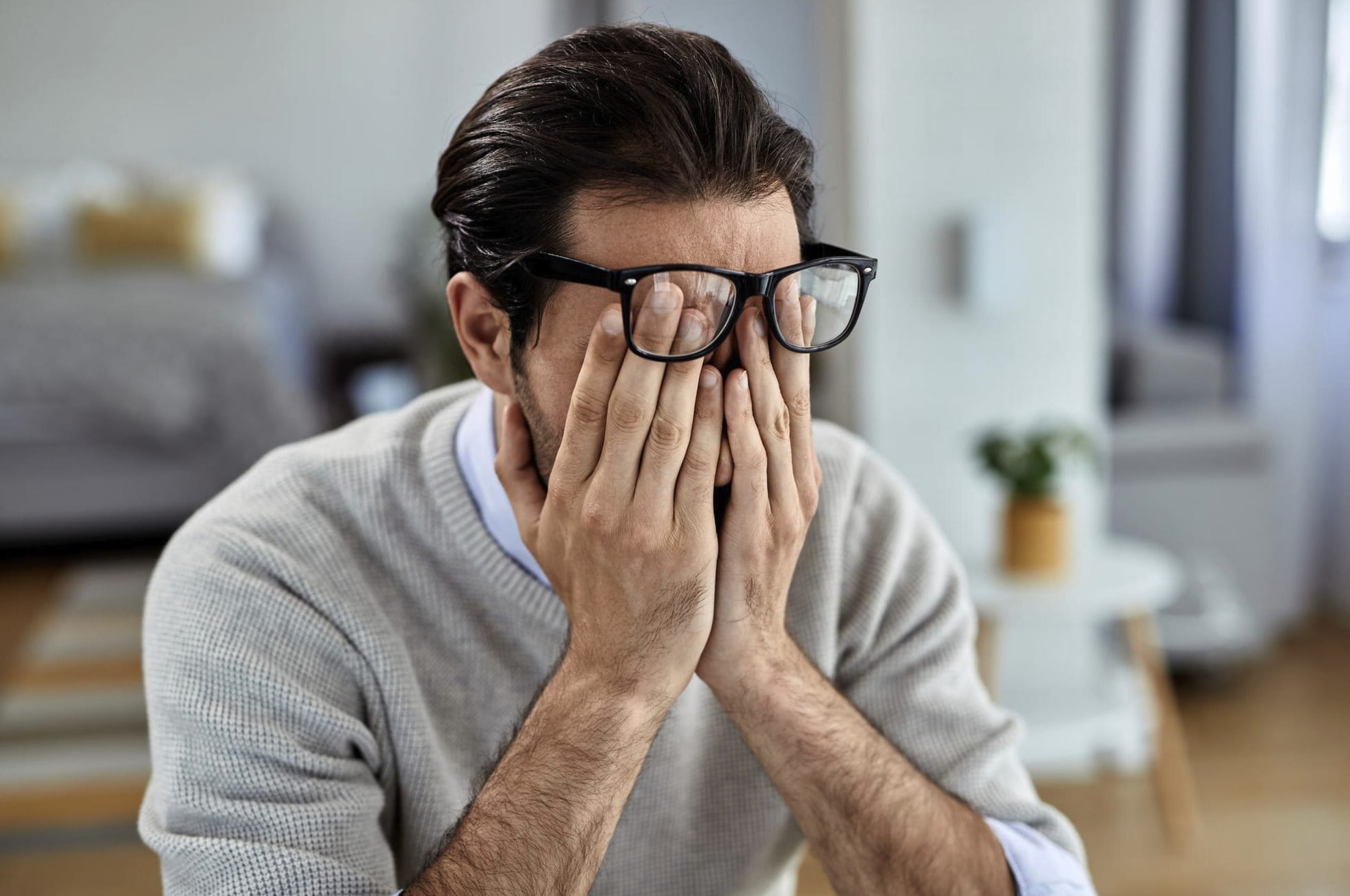Most men will experience difficulty achieving or maintaining an erection at some point. For some, it may happen suddenly after a stressful week, a few too many drinks, or a stretch of poor sleep or high anxiety. The good news is that in most cases, these episodes are temporary and reversible once the underlying factors are addressed.
Understanding how long temporary erectile dysfunction (ED) lasts can help reduce anxiety, clarify what is normal, and guide you toward the right next steps if it does not go away on its own.
In this guide, we’ll go over what you should know about temporary ED, its common causes, how long it typically lasts, and how you can recover and get back to your peak performance.
What Is Temporary Erectile Dysfunction?
Temporary erectile dysfunction refers to short-term difficulty in achieving or maintaining an erection firm enough for sexual activity. (1) It can last anywhere from a few days to a few weeks, depending on what is causing it.
Unlike chronic ED, which is defined as symptoms lasting three months or more, temporary ED is usually the result of short-lived disruptions such as stress, fatigue, or lifestyle factors. Most men will experience temporary ED at some point, but that doesn’t necessarily mean they are dealing with a more permanent problem with sexual health.
Temporary ED happens because erections depend on a combination of physical, hormonal, and emotional factors. Anything that interferes with blood flow, nerve function, or hormone levels, even briefly, can make it harder to get or maintain an erection.
Common Causes of Temporary ED
Several short-term factors can disrupt normal sexual function. Identifying what is behind your temporary ED symptoms is the first step toward making a recovery and ensuring it doesn’t become a long-term issue.
Stress and Anxiety
Stress is one of the most common causes of temporary ED. Stress from work, financial struggles, performance anxiety, or family or relationship problems can increase cortisol levels, reduce testosterone and restrict blood flow to the penis. Anxiety and depression can also contribute to ED, as they can cause irritability, lack of desire, or a lack of confidence. (2)
Fatigue or Lack of Sleep
When your body and mind are exhausted, sexual function often takes a back seat. Sleep deprivation interferes with hormone production, lowers energy levels, and decreases libido. (3) Getting consistent, restorative sleep can have a major impact on sexual performance.
Alcohol or Substance Use
Drinking too much alcohol affects the central nervous system and blood flow, which are both essential for erections. While one or two drinks may not cause issues, excessive drinking or recreational drug use can make it temporarily difficult to achieve or sustain an erection.
Medications
Certain medications, including antidepressants and blood pressure drugs, can interfere with sexual function. (4) The effects are typically reversible once the medication is adjusted or changed. Never stop taking prescribed medication without consulting your healthcare provider first.
Temporary Hormonal Changes
Short-term hormonal fluctuations, especially low testosterone, can contribute to ED. Illness, stress, or poor sleep can all cause dips in hormone levels that improve naturally once you are back to a healthy routine.
Poor Diet or Dehydration
Poor dietary choices or inadequate hydration can negatively affect erectile function. Nutrient-poor diets high in processed foods or excessive salt can harm circulation, while dehydration decreases blood volume and energy. Both factors can reduce blood flow to the penis.
How Long Does Temporary Erectile Dysfunction Last?
In most cases, temporary ED resolves itself within a few days to a few weeks once the underlying cause is addressed. How long it lasts depends on what triggered it and how quickly those factors are corrected. While individual cases may vary from patient to patient, here’s a general estimate of how long you can expect temporary cases of ED to last:
- Stress-related ED: The time period can depend on whether the stress was temporary or consistent. Short-term stress may resolve in a few days, while long-term stressors can be a more consistent issue.
- Alcohol-related ED: May resolve within 24 to 48 hours as the body metabolizes alcohol. However, chronic alcohol use can lead to longer-lasting ED.
- Medication-related ED: Can last as long as the medication is in use; speak with your doctor about alternatives or dosage adjustments.
- Fatigue or poor sleep: Symptoms typically improve within a week of better rest and recovery habits.
If erectile difficulties persist beyond a few weeks, it may indicate a more chronic or underlying medical issue that requires further evaluation.
How to Recover from Temporary ED
For most men, temporary ED can be managed and reversed with small lifestyle adjustments and improved self-care habits. If you find that you’re consistently struggling with ED, making lifestyle changes may be able to solve your issue without the need for long-term treatment such as testosterone replacement therapy (TRT).
Here are some of the biggest things men can focus on to help limit temporary erectile dysfunction.
- Reduce Stress: Practice stress management techniques such as mindfulness, meditation, or deep breathing exercises. Finding ways to unwind after work or reduce mental tension can quickly improve sexual performance and confidence.
- Limit Alcohol and Tobacco: Both alcohol and nicotine restrict blood flow and harm blood vessels, which may cause permanent damage. Cutting back or quitting entirely can help restore better circulation and overall energy.
- Exercise Regularly: Physical activity improves cardiovascular health, hormone balance, and confidence. Even moderate workouts like brisk walking or cycling for 30 minutes a day can support better erectile function.
- Get Adequate Sleep: Quality sleep promotes testosterone production, supports mood stability, and boosts energy levels. Aim for seven to nine hours of consistent rest each night.
- Eat a Balanced Diet: Focus on nutrient-rich foods that support vascular and heart health, such as leafy greens, berries, whole grains, and fish high in omega-3 fatty acids. (5)
- Stay Hydrated: Dehydration can lower energy and blood volume. Be sure you’re drinking plenty of water throughout the day, especially if you exercise regularly or live in a warm climate.
When to See a Professional
While most cases of temporary ED resolve on their own, professional help is important if the problem persists. You should seek evaluation from a trusted medical professional if:
- Erectile issues continue for longer than three weeks
- ED occurs frequently or unpredictably
- You notice changes in libido or morning erections
- It begins to affect your confidence, mood, or relationship
Persistent ED can be an early sign of underlying conditions such as low testosterone, high blood pressure, diabetes, or even cardiovascular disease. (6) Addressing these issues early can prevent more serious complications and restore both your sexual and overall health.
At Gameday Men’s Health, we provide confidential testing and personalized treatment plans to identify and address the root cause of erectile dysfunction. Whether your symptoms are due to hormones, circulation, or lifestyle factors, a professional evaluation can make all the difference and help get you back on track.
How Gameday Men’s Health Can Help
For men suffering from ED, it can sometimes be difficult to know if the issue is being caused by temporary effects such as stress or poor sleep, or if there’s something larger at play. Gameday can help put your mind at ease. Our welcoming, comfortable clinics and professional staff can help determine if your ED can be improved with lifestyle adjustments, or if lab results indicate you could be a candidate for testosterone therapy.
Gameday’s providers identify whether your symptoms are related to testosterone levels, blood flow, stress, or other health factors. Treatment plans are then personalized to help restore natural function and confidence.
Our services may include:
- Comprehensive hormone and blood testing
- Testosterone replacement therapy when appropriate
- Nutritional and fitness recommendations to support vascular and hormonal health
- Ongoing follow-up to ensure lasting results
The goal at Gameday Men’s Health is to help men feel their best physically, mentally, and sexually, not just to temporarily treat symptoms that could return in the future.
Key Takeaways About Temporary Erectile Dysfunction
Temporary ED typically lasts for several days to a few weeks, depending on the root cause. Common triggers for temporary ED include stress, fatigue, and alcohol use, and most cases can resolve with lifestyle adjustments.
However, in situations where ED persists for several weeks at a time, it could be a sign of a testosterone deficiency or other underlying condition that requires further medical treatment.
At Gameday Men’s Health, we’re here to provide you with the support you need to treat your erectile dysfunction and take back control of your sexual health. If you are looking for further solutions to short-term ED, or if you have consistent erectile dysfunction and are looking for a long-term solution, contact your local Gameday Men’s Health location today to schedule a consultation.
